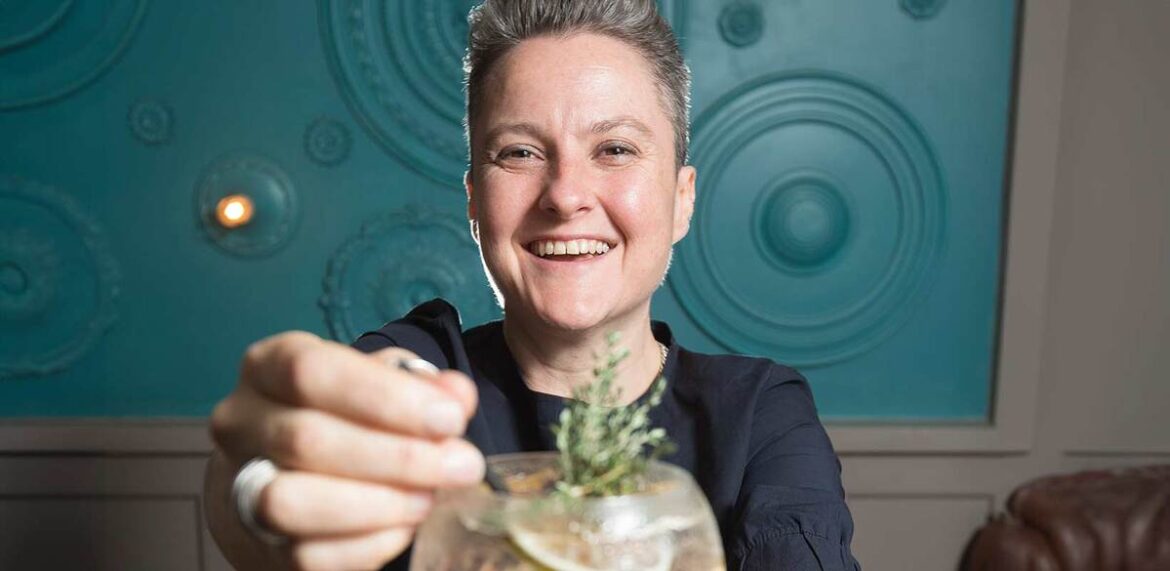If your last encounter with alcohol-free wine left you underwhelmed, it’s time to take another look. In just a few years, the category has transformed from a compromise to a serious contender at the table. Europe, US and Australia have all invested in better technology, clearer labelling and higher winemaking standards – and it shows in the glass.
In Europe, the wine package making its way through the European Parliament marks a major shift in regulations. Wines up to 0.5% abv will be allowed to be labelled ‘alcohol-free’ (with ‘0.0%’ on the bottle), and ‘partially de-alcoholised’ will become ‘alcohol-light’ – for wines containing at least 30% less alcohol than the minimum for their category.
Crucially, these drinks remain legally wine when made to EU standards, keeping them in the same family as full-strength bottles. A 2025 rule change allowing vacuum distillation in organic winemaking means de-alcoholised wines can now also be certified as organic, linking sustainability with this fast-growing market.
Innovation is thriving. In Australia, Treasury Wine Estates has invested A$15m (£7.4m) in a Barossa Valley facility using proprietary technology to better preserve flavour, body and aroma. The Australian government has put nearly A$3m (£1.4m) into collaborative research with the University of Adelaide and the Australian Wine Research Institute to improve quality, while South Australia has funded the nation’s first trial-scale no and low wine facility. In the UK, the government plans to match the EU’s definitions and support the sector’s growth.
So what does this mean for wines here in the UK? Start with Zeno, a UK brand from sommelier David Hodgson, developed with master of wine Jane Masters. The wines are made in partnership with La Carrasca in Spain, chosen for its rich winemaking tradition and sustainability focus, making them food-friendly, with low residual sugar and balanced flavours.
For French elegance, Moderato at Majestic sets a new standard. Its Cuvée Révolutionnaire range, made with a Gascony vineyard partner and crafted with top-end oenologists, focuses on grape character and uses aroma-capture technology to preserve the wine’s personality. With a traditional cork closure and slim, stylish bottle, it delivers an authentic French wine experience without the alcohol.
For food pairing, Jörg Geiger in Germany is unmatched. The former chef has been crafting alcohol-free wines and heritage fruit drinks for more than 20 years, and his creations feature in 85% of Germany’s Michelin-starred restaurants. Some are wines; others are complex sparkling blends of heritage apple and pear, all designed with gastronomy in mind.
And for the growing demand for mid-strength, homegrown wine brand 6Percent has been receiving rave reviews for its white and red wines from Bordeaux – again setting the standard on taste and quality.
Today’s alcohol-free and mid-strength wines are not a consolation prize. Crafted with the same care, terroir focus and sensory ambition as any fine wine, they meet a growing expectation: that what’s in the glass should look, feel and taste like wine – and work beautifully with food.
Laura Willoughby is the founder of Club Soda
Do you have a question for one of the Drinks Doctors? Send your query to drinks@thecaterer.com


Dining and Cooking